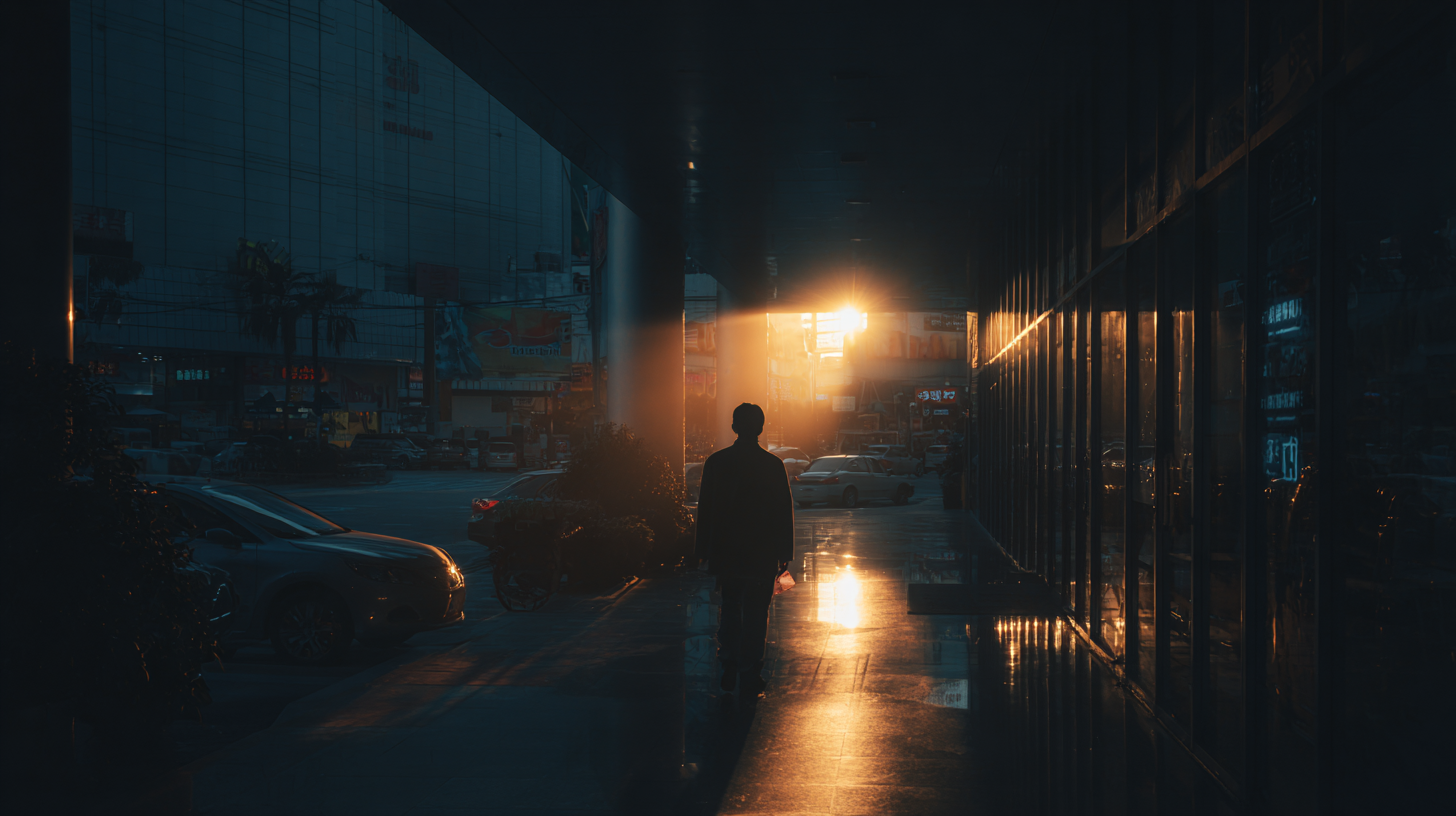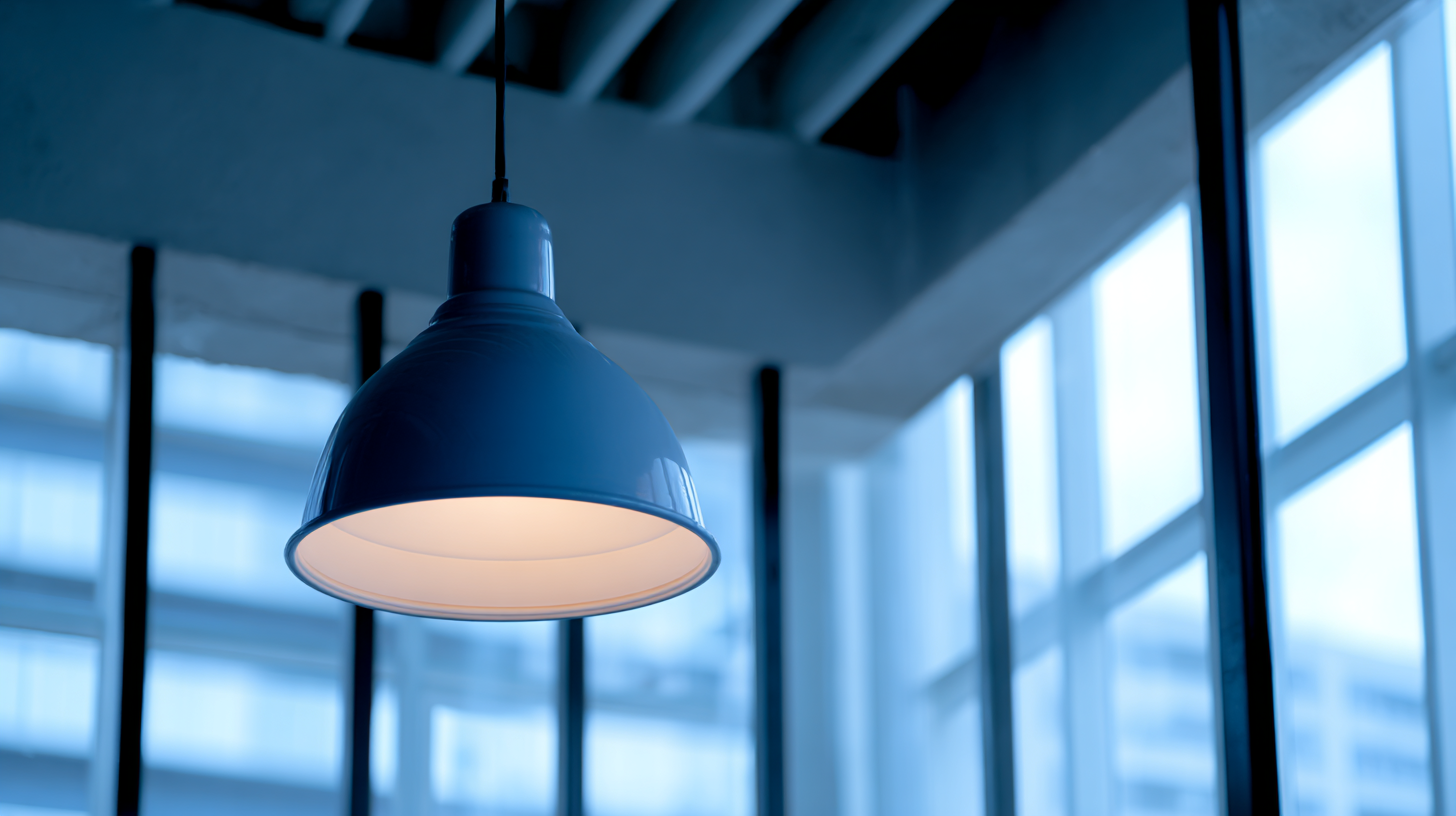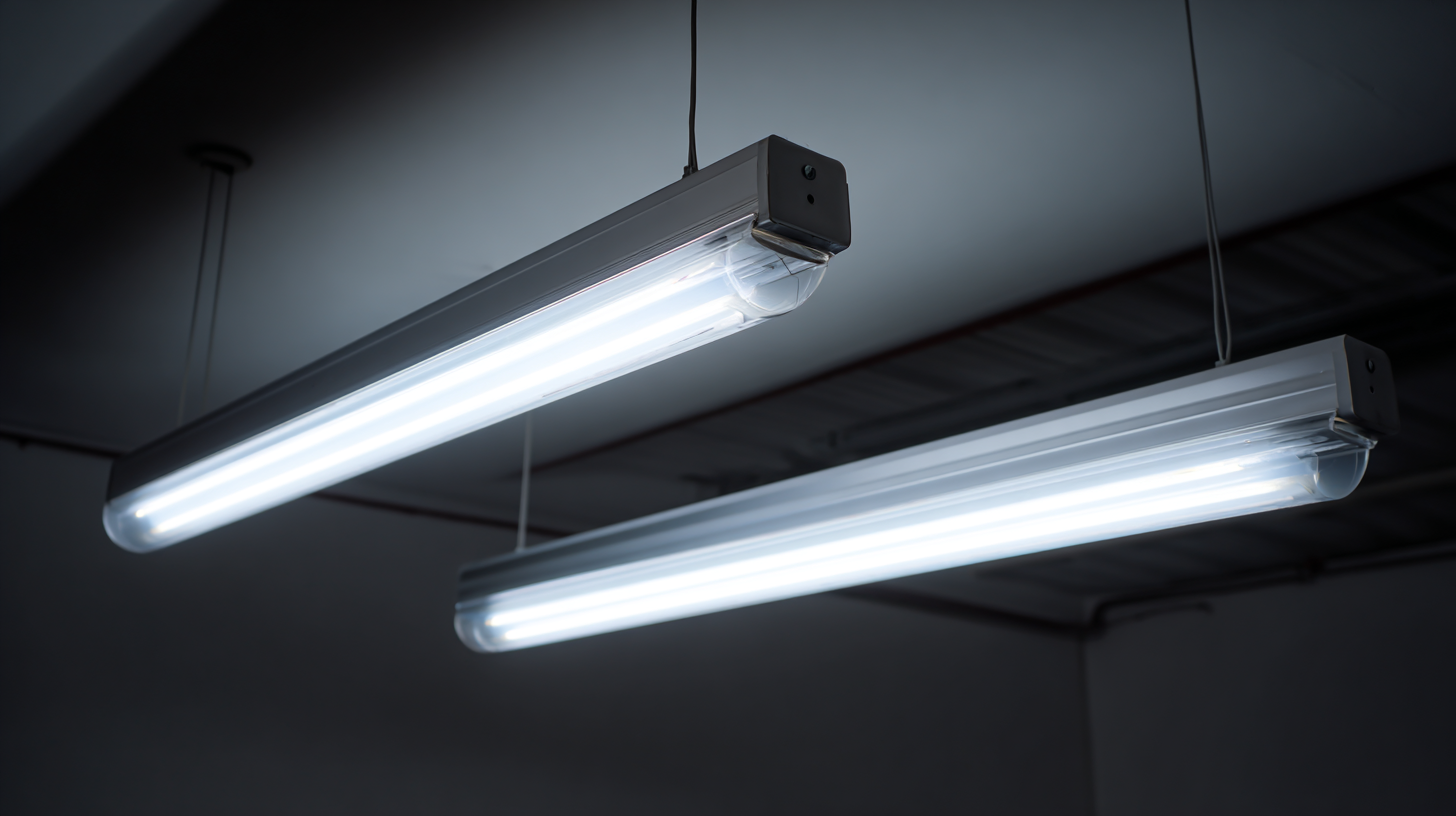How to Choose the Best Bright Light for Your Business Needs
In today’s fast-paced business environment, the importance of effective lighting cannot be overstated, particularly when it comes to choosing the right bright light for your operational needs. Research indicates that well-lit environments can boost productivity by as much as 20% and enhance employee well-being, reducing the likelihood of workplace fatigue. According to a recent study by the American Society of Interior Designers, inadequate lighting can lead to decreased focus and increased errors, ultimately affecting overall performance and profitability. As businesses strive to create optimal working conditions, understanding how to select the most suitable bright light is crucial. This guide will explore key factors to consider, including wattage, color temperature, and the specific requirements of your workspace, ensuring that you make an informed decision that promotes efficiency and enhances the atmosphere of your business.

Choosing the Right Bright Lighting: Understanding Different Types and Their Applications
When selecting bright lighting for your business, it is essential to understand the different types of lighting available and their specific applications. LED lights, for instance, have emerged as a popular choice due to their energy efficiency and longevity. According to the U.S. Department of Energy, LEDs use at least 75% less energy than traditional incandescent lighting and last up to 25 times longer. This not only translates to significant cost savings over time but also aligns with environmentally friendly practices, which are becoming increasingly important to consumers.
Fluorescent lighting is another option, commonly utilized in commercial settings such as retail and office spaces. This type of lighting is available in a range of color temperatures, allowing businesses to create the desired ambiance. A report from the International Energy Agency indicates that fluorescent lights are nearly four times more efficient than incandescent bulbs, making them a viable choice for businesses looking to reduce energy consumption. However, it’s crucial to consider the color rendering index (CRI) when choosing fluorescent lighting, as higher CRI values ensure that colors appear more accurate and vibrant, enhancing the overall customer experience.
Understanding these types of bright lighting and their respective applications will empower businesses to make informed decisions that cater to their unique operational needs and aesthetic goals.
Comparison of Different Types of Bright Lighting for Business Applications
This chart illustrates the average lumen output per fixture for various types of bright lighting commonly used in businesses. Understanding these differences helps in selecting the right lighting solution for specific business needs.
Evaluating the Cost-Benefit of Bright Light Solutions for Your Business
When evaluating the cost-benefit of bright light solutions for your business, it's essential to weigh both the initial investment and the long-term gains. High-quality lighting systems can enhance productivity, improve employee satisfaction, and reduce energy costs over time. For instance, investing in advanced LED technology can lead to significant savings on electricity bills while also providing a better working environment. Businesses should assess their specific lighting needs, considering factors such as workplace size, nature of tasks, and employee comfort.
In the age of intelligent technology, incorporating bright light solutions can also align with broader strategies aimed at maximizing operational efficiency. Just as businesses are increasingly leveraging advanced AI platforms to enhance productivity, a thoughtful approach to lighting can play a pivotal role in creating a conducive working atmosphere. By analyzing the expected outcomes against the costs of installation and maintenance, decision-makers can uncover the potential return on investment that effective lighting solutions can provide, ensuring that they are not just meeting basic requirements but actively contributing to their overall business objectives.
| Lighting Type | Initial Cost ($) | Lifetime (Hours) | Energy Consumption (W) | Average Annual Cost ($) | Cost-Benefit Ratio |
|---|---|---|---|---|---|
| LED | 150 | 25000 | 15 | 30 | 5.00 |
| Fluorescent | 100 | 15000 | 20 | 40 | 2.50 |
| Incandescent | 50 | 1000 | 60 | 120 | 0.42 |
| CFL | 15 | 10000 | 14 | 25 | 1.20 |
| Halogen | 70 | 2000 | 50 | 100 | 0.70 |
After-Sales Services: How Quality Support Influences Your Bright Lighting Choice
When selecting bright lights for your business, after-sales services play a crucial role in ensuring you make the right choice. Quality support can significantly affect your satisfaction with the lighting solution you choose. A reliable after-sales service helps address any issues that arise after installation, ensuring that your investment continues to meet your business needs efficiently. It’s important to inquire about warranty terms and the availability of customer support when choosing your lighting provider.
Tip: Look for companies that offer comprehensive after-sales support, including installation assistance, maintenance, and troubleshooting services. This will not only save you time but also minimize downtime for your business if technical issues occur.
Furthermore, it’s essential to consider the training and resources provided by the supplier. Quality support goes beyond just responding to issues; it includes educating your team on how to maximize the use of bright lighting products.
Tip: Choose a supplier that provides training sessions and detailed documentation to ensure your staff understands how to operate the lighting systems effectively, thus optimizing your investment and enhancing the overall environment of your business.
Maintenance Costs: A Critical Factor in Long-Term Bright Light Investments
When considering bright light investments for your business, maintenance costs play a crucial role in ensuring long-term sustainability. The initial purchase price of a lighting system can be appealing, but overlooking the ongoing expenses can lead to unexpected budget strains. Regular maintenance, including bulb replacements and system checks, can add up quickly, especially for high-intensity lighting solutions that typically have shorter lifespans. Businesses must evaluate these potential costs against their projected usage and operational environment to make informed decisions.

Moreover, different types of bright lights come with varying maintenance requirements. LED lights, for instance, are known for their longevity and energy efficiency, often resulting in lower maintenance costs over time. In contrast, traditional fluorescent or incandescent lights may require more frequent changes and professional servicing. By investing in energy-efficient options, businesses can not only reduce their carbon footprint but also minimize long-term maintenance expenses, making the initial investment more worthwhile. Ultimately, understanding and planning for maintenance costs helps businesses ensure that their lighting systems remain functional and cost-effective in the long run.
Maximizing ROI: The Impact of Bright Lighting on Business Operations and Efficiency
Bright lighting can significantly influence business operations and efficiency, directly impacting return on investment (ROI). Properly illuminated workspaces enhance employee productivity by reducing eye strain and fatigue, allowing staff to focus on their tasks without distractions. Studies show that well-lit environments can boost mood and energy levels, which contributes to overall job satisfaction and a more positive workplace culture.

Beyond the immediate benefits for employees, bright lighting also plays a crucial role in customer experience. Retail spaces with optimal lighting can highlight products more effectively, fostering an inviting atmosphere that encourages shoppers to spend more time and money. For businesses prioritizing energy efficiency, modern LED lighting offers long-lasting solutions that decrease energy consumption while providing consistent brightness. This not only reduces overhead costs but also aligns with sustainability goals, ultimately enhancing a company's reputation in an increasingly eco-conscious market.
